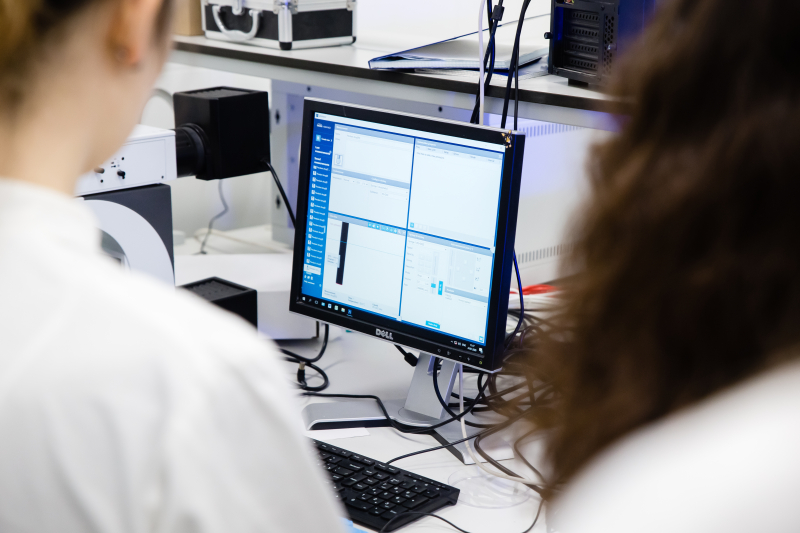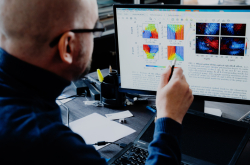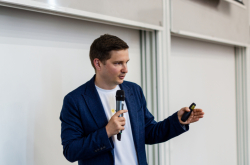To discover new substances, finalize existing ones, and create new synthesis methods, experienced chemists need to examine massive data sets and test a large number of hypotheses. All of these procedures take a long time, which may be better spent on complex rather than repetitive tasks. As a result, many research teams today, including at ITMO, are focusing on developing AI solutions that can automate chemical research.
ChemCoScientist is designed to automate research by generating and finalizing chemical compounds and synthesis methods, forecasting chemical properties, and assessing relevant publications. The system's key benefit is the synergy of purpose-specific LLM (large language models) agents, analytical thinking models, and an advanced automated ML system, which allows for higher precision in chemical research.
“Large language models today allow us to develop personal assistants – and we used that technology to create one for chemists. We opted for a multiagent approach based on LLMs for two primary reasons. Language models suffer from catastrophic forgetting when trained in a new, narrow specialization and specialized ML models aren’t good at generalizing – the multiagent approach helps offset these flaws,” explains Anna Kalyuzhnaya, a senior researcher at the Research Center “Strong AI in Industry.”
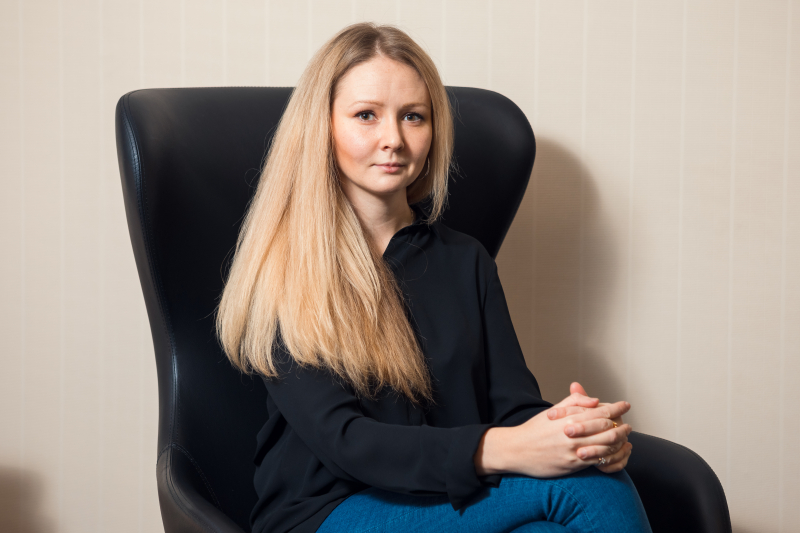
Anna Kalyuzhnaya. Credit: ITMO NEWS
A digital assistant is made up of three key elements: an orchestrator agent for system management, an agent for regulating ML automation, and agents for particular chemical applications. The user simply sees a single interface chat where they may make their request, for instance, to generate a synthesis algorithm for spherical nanomaterials via the coprecipitation method without utilizing harmful solvents with the numerical values of each reagent. For this request, the assistant automatically starts an agent chain and responds with ready-made chemical quantities and equations.
ChemCoScientist can improve the efficacy of producing new medicines and materials for researchers, pharmaceutical companies, and the chemical sector. Anna Kalyuzhnaya claims that the assistant can be tailored to any field. To do this, the developers will create a platform that combines AI for chemistry and materials sciences, as well as other science-related applications and data aggregation.
“We processed several cases involving medical molecules, which became the basis for developing this AI assistant. We’re now working on a joint project with pharmaceutics experts and want to test our solution within it. The assistant can generate and screen small molecules automatically, and in the future, it will also be able to synthesize new small molecules and nanomaterials, test scientific hypotheses, and conduct a comprehensive analysis of scientific data. It’s nice to see the first results, but our focus now lies on a rather global task: implementing the most efficient AI solutions to speed various stages of the drug development process simultaneously,” notes Andrei Dmitrenko, a co-founder of the Center for Artificial Intelligence in Chemistry within ITMO's Advanced Engineering School.
ChemCoScientist, developed by the teams of ITMO’s Research Center “Strong AI in Industry” (headed by Anna Kalyuzhnaya) and Center for Artificial Intelligence in Chemistry (headed by Andrei Dmitrenko), is currently in the active development and testing stage. The assistant will be later trained to conduct internet research, analyze scientific publications, and generate molecules and materials using new algorithms and tools.
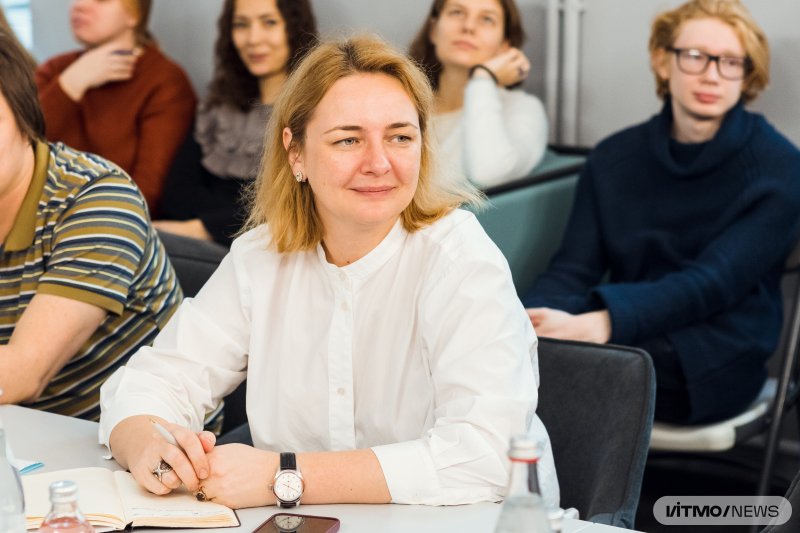
Ekaterina Skorb. Photo by Dmitry Grigoryev / ITMO NEWS
“The main trend in the AI assistant industry today is to build self-sufficient laboratories with collaborative robots that integrate chemical software, experiment planning, and data collection. Major corporations like Rosneft or Gazprom Neft are investing in smart infochemisrty technologies to speed up the discovery of novel molecules and materials and design complex compositions, including motor oil,” says Ekaterina Skorb, the head of the Infochemistry Scientific Center.
